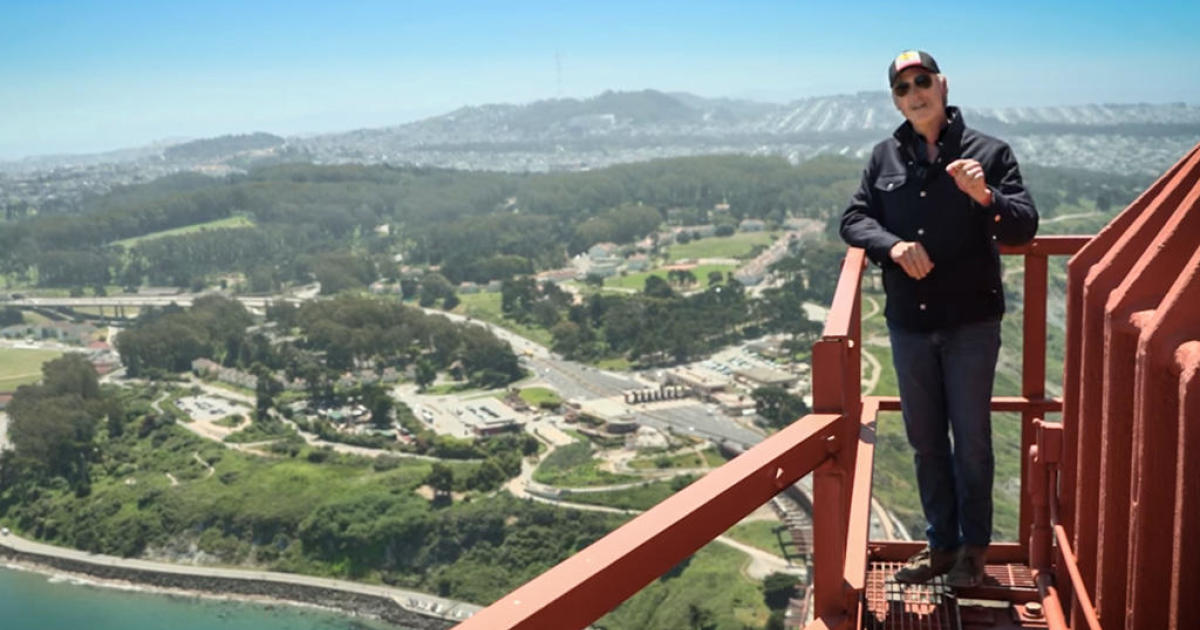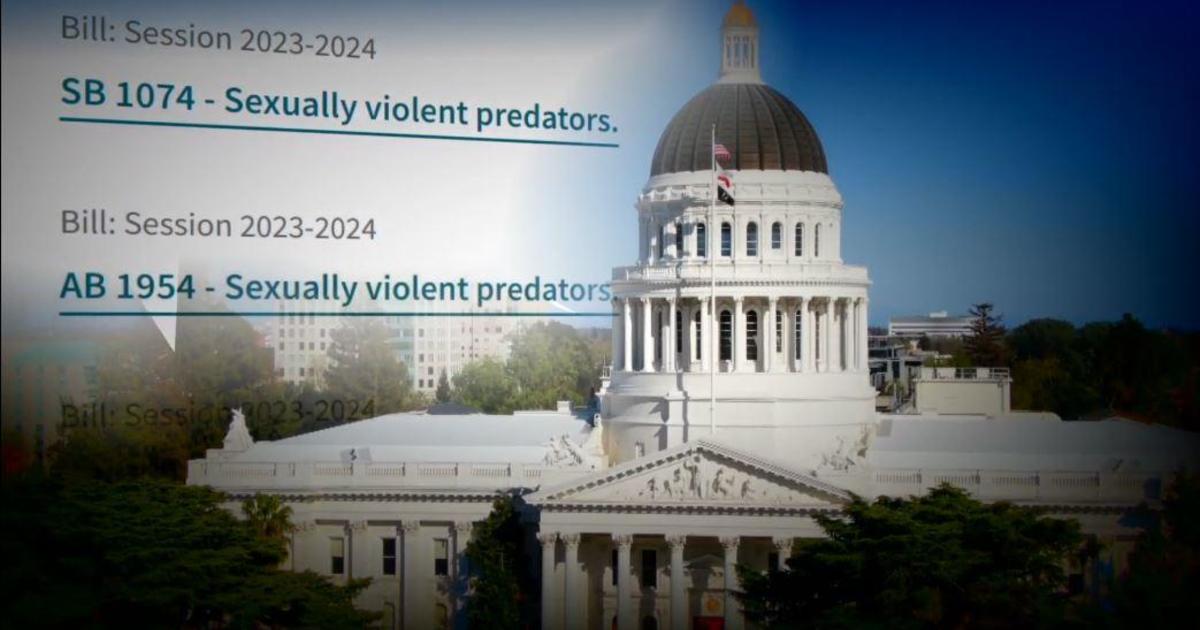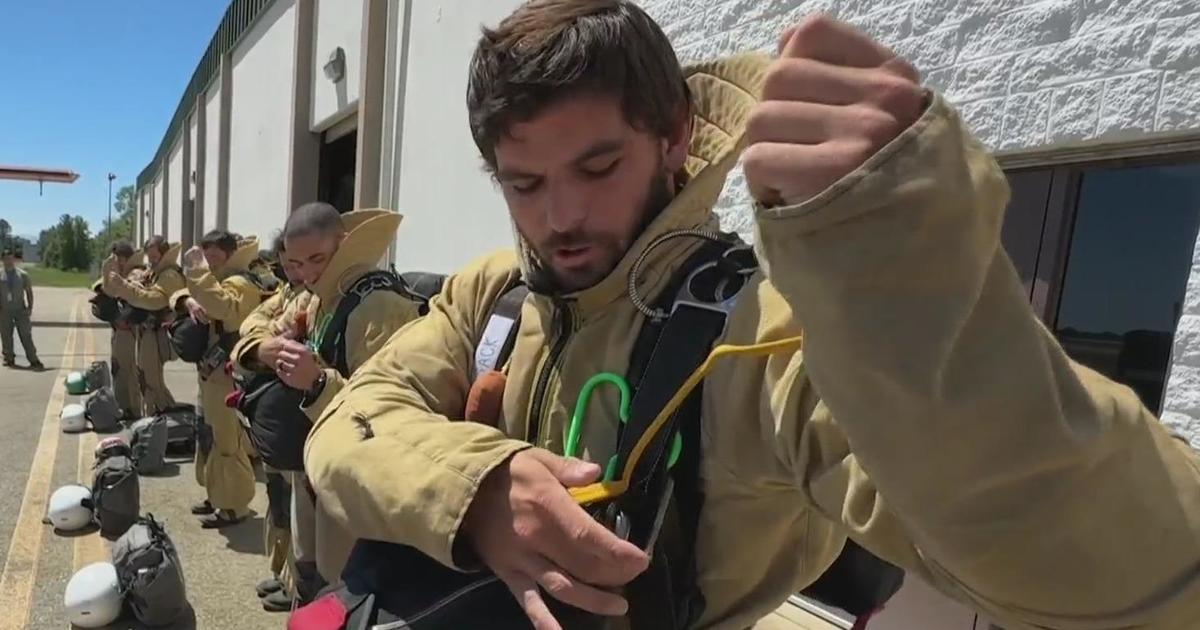Coronvirus Update: California Unemployment Soars As U.S. Jobless Claims Hit 3.3 Million In A Week
SAN FRANCISCO (CBS SF) -- A day after Gov. Gavin Newsom announced a sharp rise in Californians filing for unemployment, federal officials on Thursday revealed that a staggering 3.3 million Americans had filed jobless claims last week.
That number is more than quadruple the previous national record set in 1982 and showed the dramatic economic impact the coronavirus outbreak has taken on the nation.
In an address to the state on Wednesday, Newsom said that 1 million Californians had filed unemployment claims in less than two weeks as the state has been under a shelter in place order, limiting activity to essential businesses.
"We just passed the 1 million mark, in terms of the number of claims, just since March 13," Newsom said.
The governor praised the relief bill that passed the Senate late Wednesday night. California provides up to $450 per week for unemployment insurance, Newsom said, and the Senate bill would add $600 per week for up to four months.
"This bill will be very helpful, and it's very timely," Newsom said.
California and its cities will get $10 billion from a block grant portion of the Senate relief bill not including the benefits to workers and individuals.
Officials said the pace of layoffs was sure to accelerate as the U.S. economy sinks into a recession. Revenue has collapsed at restaurants, hotels, movie theaters, gyms, and airlines across California and the nation.
"The speed and decimation that we've seen just within three and a half weeks is completely unprecedented. We saw nothing like that. The great recession was over a period of months, over a period of years," said Michael Bernick, former chief of California's Employment Development Department and now a lawyer at Duane Morris Law Office in San Francisco.
The labor department reported the service sector had the most layoffs. That included people who were working in restaurants, hotels, and clothing stores. A lot of those businesses have simply closed down. The ones that are opened have scaled back their operations.
While the service sector and the travel industry have fallen off the cliff, Bernick said office jobs appear to have been more resilient, with many workers shifting to working from home.
Labor experts said businesses that sell groceries are also doing very well, like Safeway, Costco, and Walmart. Amazon is also thriving. The delivery industry is adding thousands of jobs.
But if the work stoppage continues for many more weeks, labor experts warned no amount of government stimulus can stop a deep recession.
"Will it continue, say, pass May 1st, and how much longer pass May 1st? And that will be a big, big factor in terms of what the eventual economy looks like late this year," said Bernick.
Auto sales have plummeted and car makers have close factories. Most such employers face loan payments and other fixed costs, so they're cutting jobs to save money.
Newsom also offered praise Wednesday for California legislators for their leadership in negotiating the national relief package, singling out Speaker of the House Nancy Pelosi, before going on to outline a waiver for mortgage payments and foreclosures that had been negotiated with banks for the state's homeowners.
"Over the course of the last few weeks, we've been sitting down with banks large and small, credit unions large and small throughout the state of California," Newsom said. "We've been in contact with national bank CEOs from around the United States."
Newsom said the deal would include a 90-day waiver for mortgage and credit payments by people impacted by COVID-19 from the nation's largest banks, including Citibank, JP Morgan Chase, and US Bank. Bank of America also agreed to a payment waiver, but only for 30 days, Newsom said.
Banks have also agreed to a moratorium on foreclosures, Newsom said.
"Some 200 state chartered banks and credit unions have committed to the state of California that they will provide forbearance on foreclosures and on mortgage payments for the next 90 days," Newsom announced.
As job losses mount across California and the nation, some economists say the nation's unemployment rate could approach 13% by May. By comparison, the highest jobless rate during the Great Recession, which ended in 2009, was 10%.
Maria Romero will join that growing list. She and her coworkers were handed their last paycheck after finishing their morning shift on Thursday. "Starting tomorrow, I'm not going to have a check. I'm not going to have a job," said Romero.
Standing outside of the office building she had been cleaning in San Francisco's Financial District, she said her manager had just laid off 10 janitorial workers. The single mother of an eight-year-old boy wondered how they'll survive.
"We still have to pay rent. We still have to pay bills. There's a lot of stuff we still have to pay. And with no job, what are we going to do?" asked Romero.
The economic deterioration has been swift. As recently as February, the unemployment rate was at a 50-year low of 3.5%. And the economy was growing steadily if modestly. Yet by the April-June quarter of the year, some economists think the economy will shrink at its steepest annual pace ever — a contraction that could reach 30%.
© Copyright 2020 CBS Broadcasting Inc. All Rights Reserved. KPIX 5's Da Lin and The Associated Press contributed to this report.



